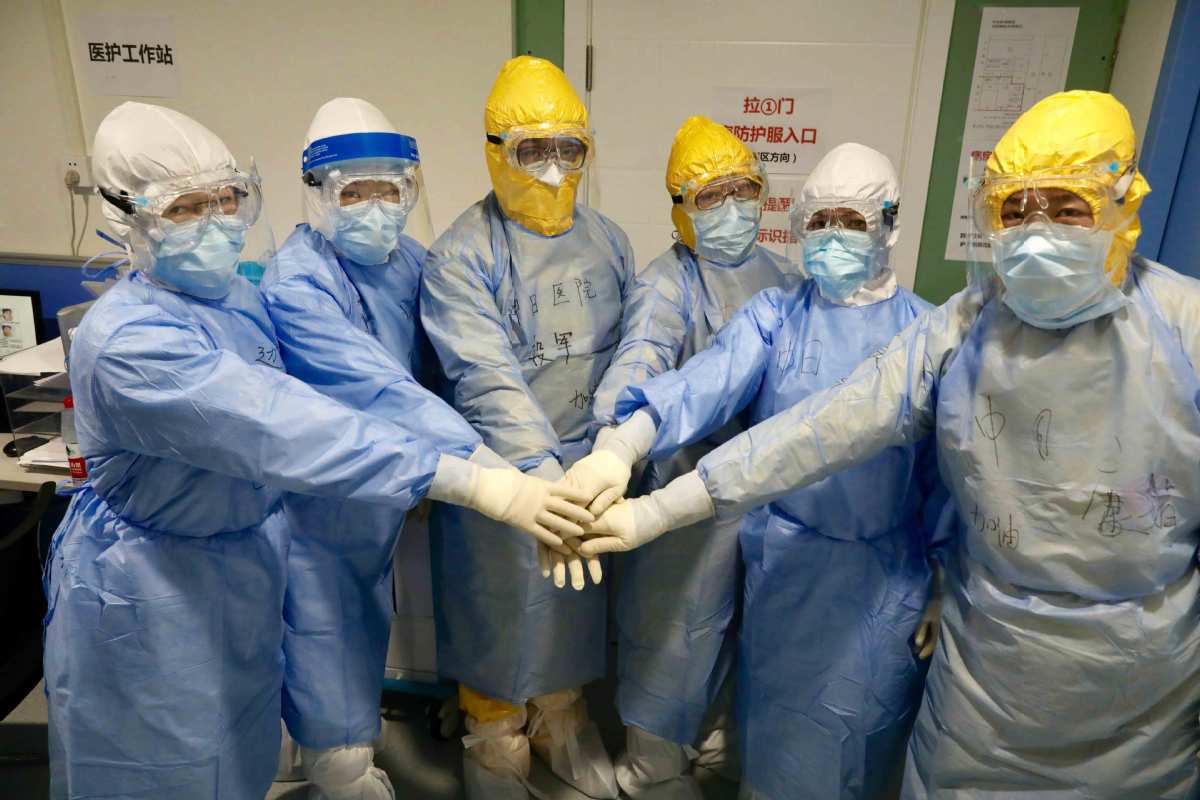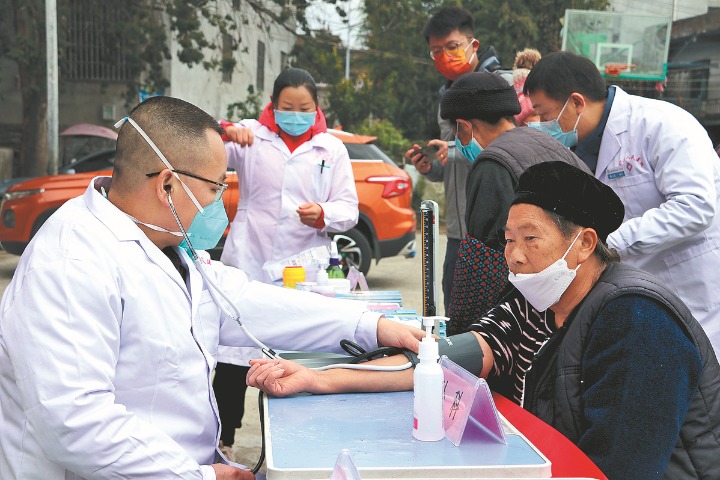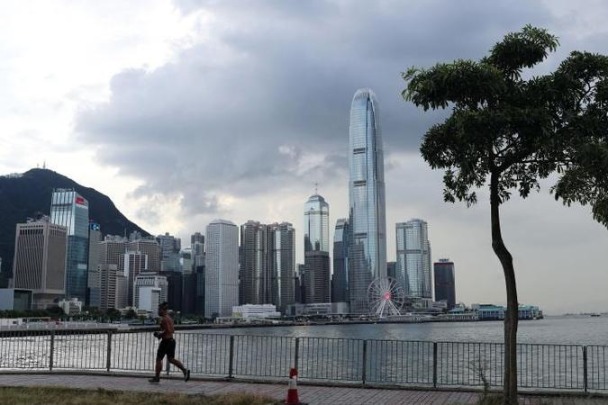How many stages can be identified in China's response to COVID-19?
It is important to note that the information provided in this Series is intended for your general knowledge only and is not a substitute for professional medical advice or treatment.

China has been constantly improving and adjusting its prevention and control strategies in response to the development and risks of the COVID-19 pandemic. Four stages can be roughly identified in the process.
Stage I: In face of the unknown virus, China focused on information collection, sharing and analysis, and the health departments led the response actions. From the detection of the first case of pneumonia of unknown etiology in Wuhan at the end of 2019 to January 20, 2020, the health departments were responsible for local prevention and control measures. The major strategies were to collect and monitor cases, control infection sources at the local level and analyze the transmissibility and treatment methods. Meanwhile, China timely shared information about the virus with the international community, received overseas delegations and provided assistance to other countries about early warnings and forecast of the outbreak.
Stage II: Based on the assessment that the virus might quickly spread to the rest of the country, the Chinese government adopted the whole-of-government and whole-of-society approach to implement measures of strict prevention and control as well as concentrated treatment. The second stage, from January 20, 2020, when the Chinese government determined the novel coronavirus as a category B infectious disease and a quarantinable infectious disease, to February 23, when the Chinese government convened a meeting to advance the work on coordinating the prevention and control of COVID-19 and economic and social development, is the most crucial period for China's battle against the epidemic. Heavily-hit regions such as Wuhan and Hubei adopted measures of preventing the coronavirus from spreading within the region or beyond and treating the patients with all efforts, while other regions focused on preventing the virus from entering their own jurisdictions. The Chinese government also established joint prevention and control mechanisms among government departments and promoted society-wide efforts to coordinate the deployment of resources and fully implement measures such as "early detection, early reporting, early isolation, early diagnosis and early treatment" and "treating the infected in dedicated facilities by senior medical professionals from all over the country and with all necessary resources".
Stage III: The Chinese government adopted a strategy of coordinating the prevention and control of the epidemic and economic and social development after the risk of domestic outbreak had largely been contained. From February 23 to mid-March, China moved from nationwide strict prevention and control to risk-oriented and differentiated approach and combined large-scale social mobilization with scientific methods of prevention and control. As for the resumption of work and production, China also moved from a "pause" of national economic and social activities to orderly removal of control in different regions based on risk assessment.
Stage IV: Facing a largely-contained outbreak at home but escalating risks from abroad, China adopted a prevention and control strategy of guarding against a rebound of the epidemic domestically and preventing imported cases. Since late March, China has largely cut off the chain of transmission at home. Wuhan ended lockdown since April 8 and regions across the nation have sped up work resumption. However, the virus is spreading rapidly across the globe in the meantime. In order to prevail over the epidemic and reduce imported cases, China strengthened its border control. Meanwhile, the Chinese government has also worked with the international community and pushed forward international cooperation in fighting the virus, including information sharing, and provision of medical supplies and medical aid teams.
Authors: Dong Dandan and Liu Chen, Center for International Knowledge on Development
Please feel free to contact us by sending your questions to question@chinadaily.com.cn or commenting on China Daily app. We will ask experts to answer them.














